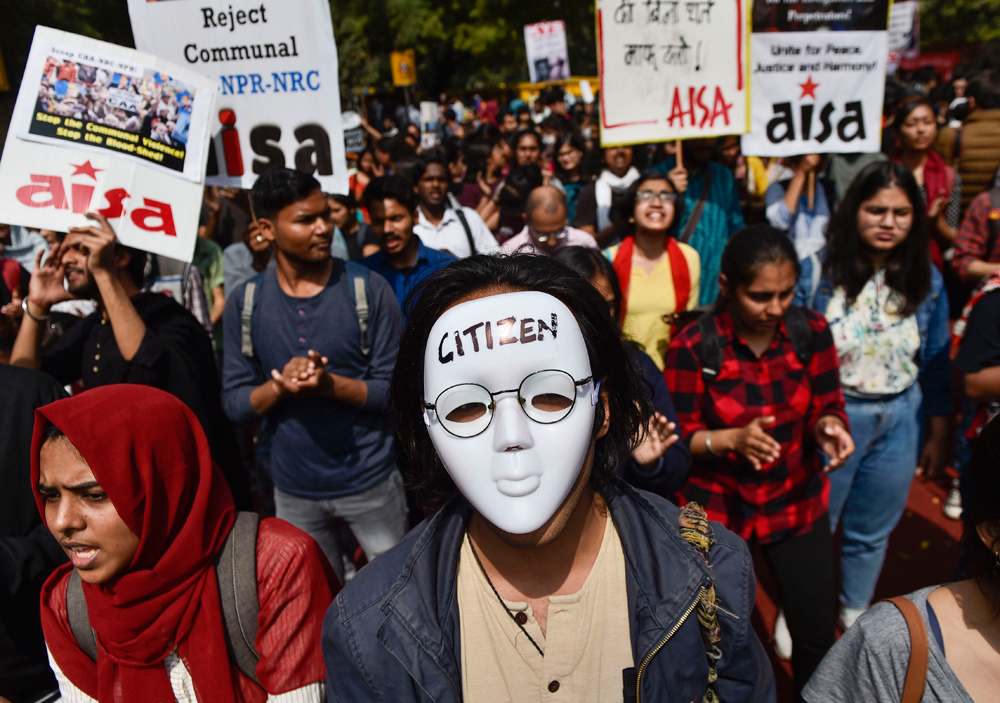The Supreme Court is unlikely to start hearing the challenge to the constitutional validity of the Citizenship (Amendment) Act before the first week of April, Chief Justice S.A. Bobde appeared to indicate during mentioning time on Thursday.
Justice Bobde, sitting on a bench with Justices Bhushan Gavai and Surya Kant, told senior advocate Kapil Sibal the batch of 140 petitions and applications would be taken up only after a nine-judge bench finished hearing a challenge to certain religious practices that allegedly discriminate against women.
The case relates to the ban on women of childbearing age at Kerala’s Sabarimala temple, the restrictions on women entering mosques and dargahs, female genital mutilation among the Dawoodi Bohra community, and the prohibition on Parsi women who are married to non-Parsis from entering the community’s fire temples.
Sibal, appearing for some of the petitioners who have challenged the new citizenship matrix, had sought an early hearing.
Since the Supreme Court would close briefly for Holi from March 9, the nine-judge bench is expected to resume the hearing of the religious discrimination case only after March 16.
On the first day of the proceedings, February 17, the Chief Justice had indicated the hearing would be wrapped up in 15 days. However, no more hearings have been held since then.
On February 17, the court had adjourned the proceedings after briefly hearing solicitor-general Tushar Mehta, who had opened the arguments for the Centre, because of illness among some of the judges on the bench.
Since then the bench has not assembled amid reports that at least six apex court judges, including some on the nine-judge bench, were down with swine flu. Even if one designated judge is unable to sit on a bench, the hearing has to be adjourned.
If the hearing resumes on March 16 and gets over in 15 days, as suggested, the citizenship case could perhaps be heard in early April.
The citizenship amendment, notified on January 10, fast-tracks Indian citizenship for persecuted non-Muslim migrants — Hindus, Sikhs, Buddhists, Jains, Parsis and Christians — from Afghanistan, Pakistan and Bangladesh but leaves out Muslims.
Among the petitioners who have challenged its constitutional validity are the Indian Union Muslim League, Congress politician Jairam Ramesh, Rashtriya Janata Dal member Manoj Jha, Trinamul Congress MP Mahua Moitra and AIMIM leader Asaduddin Owaisi.











